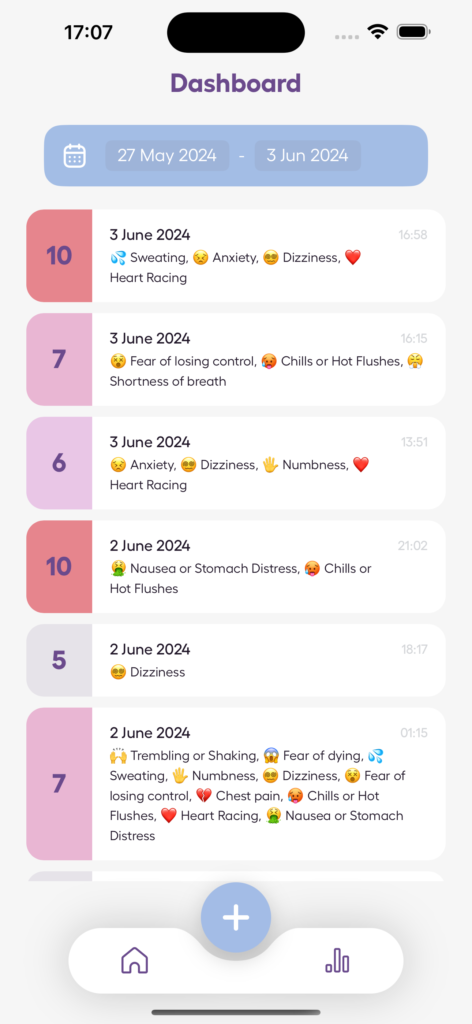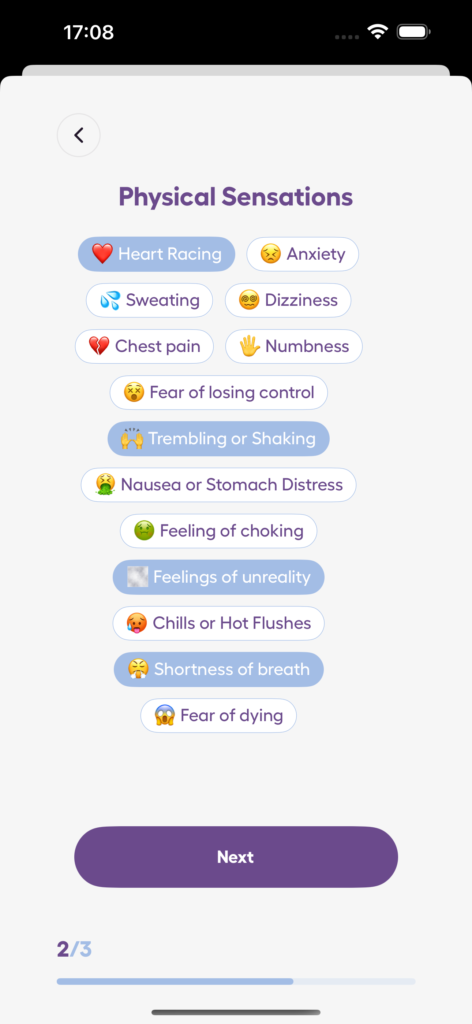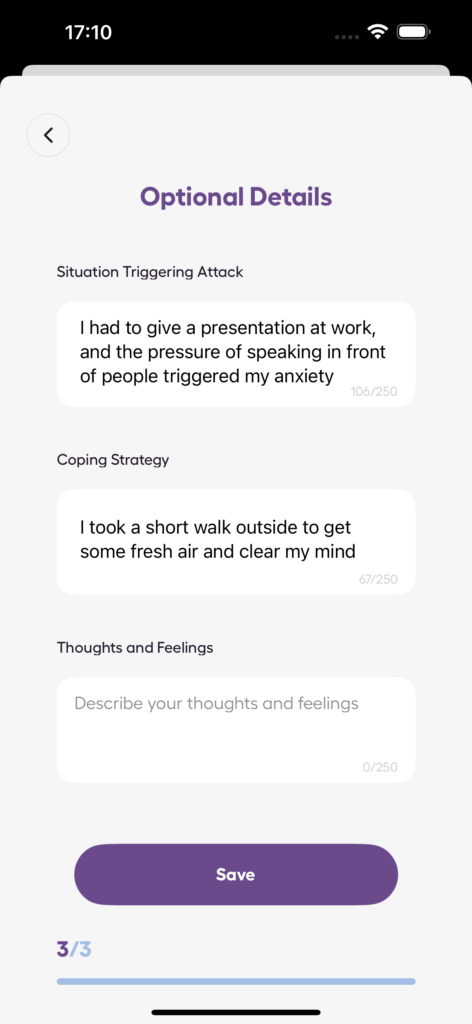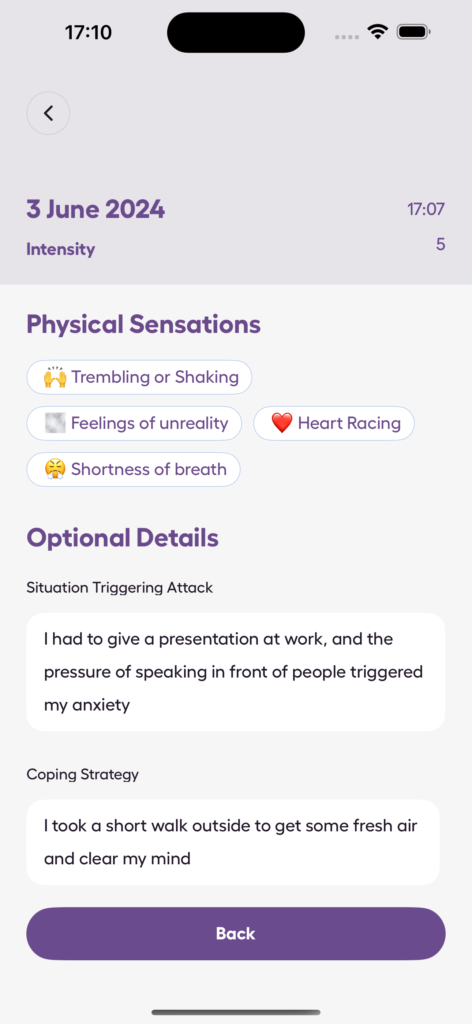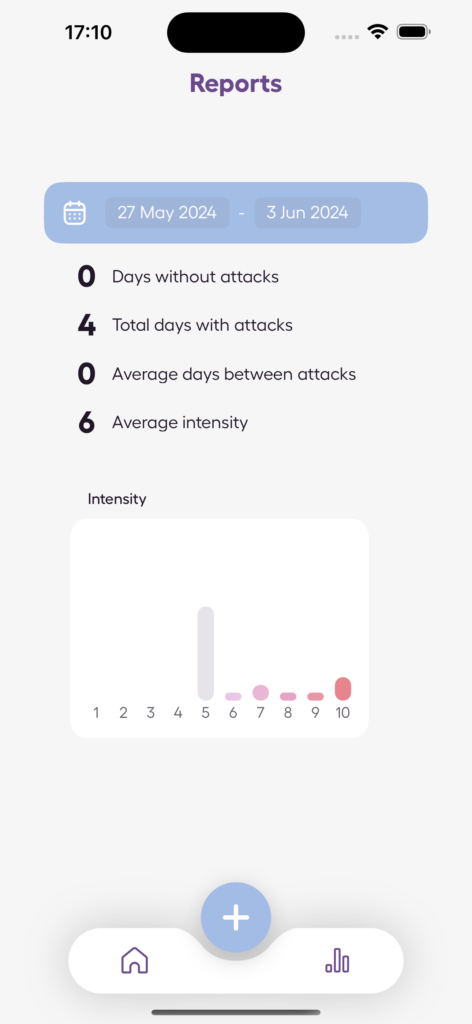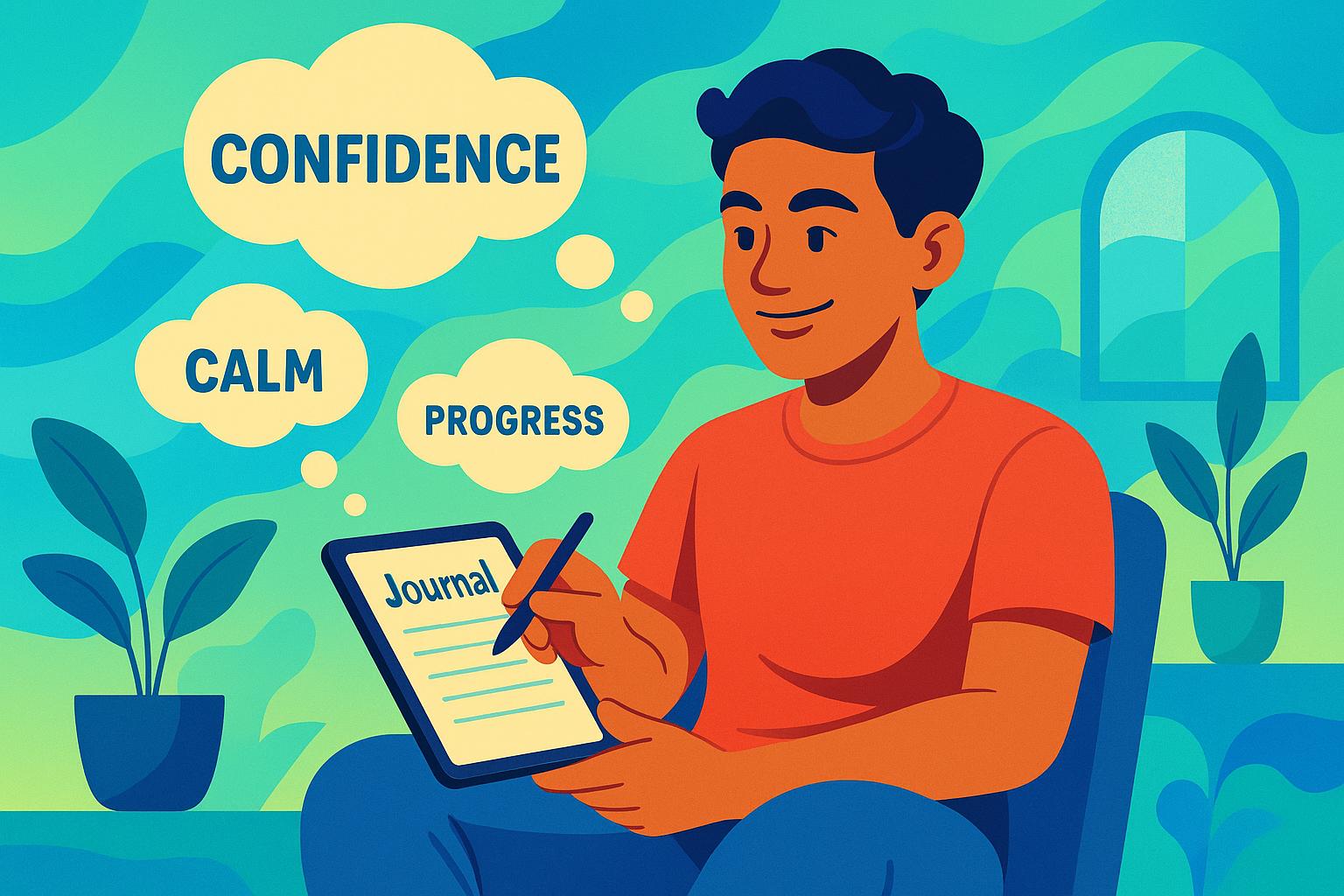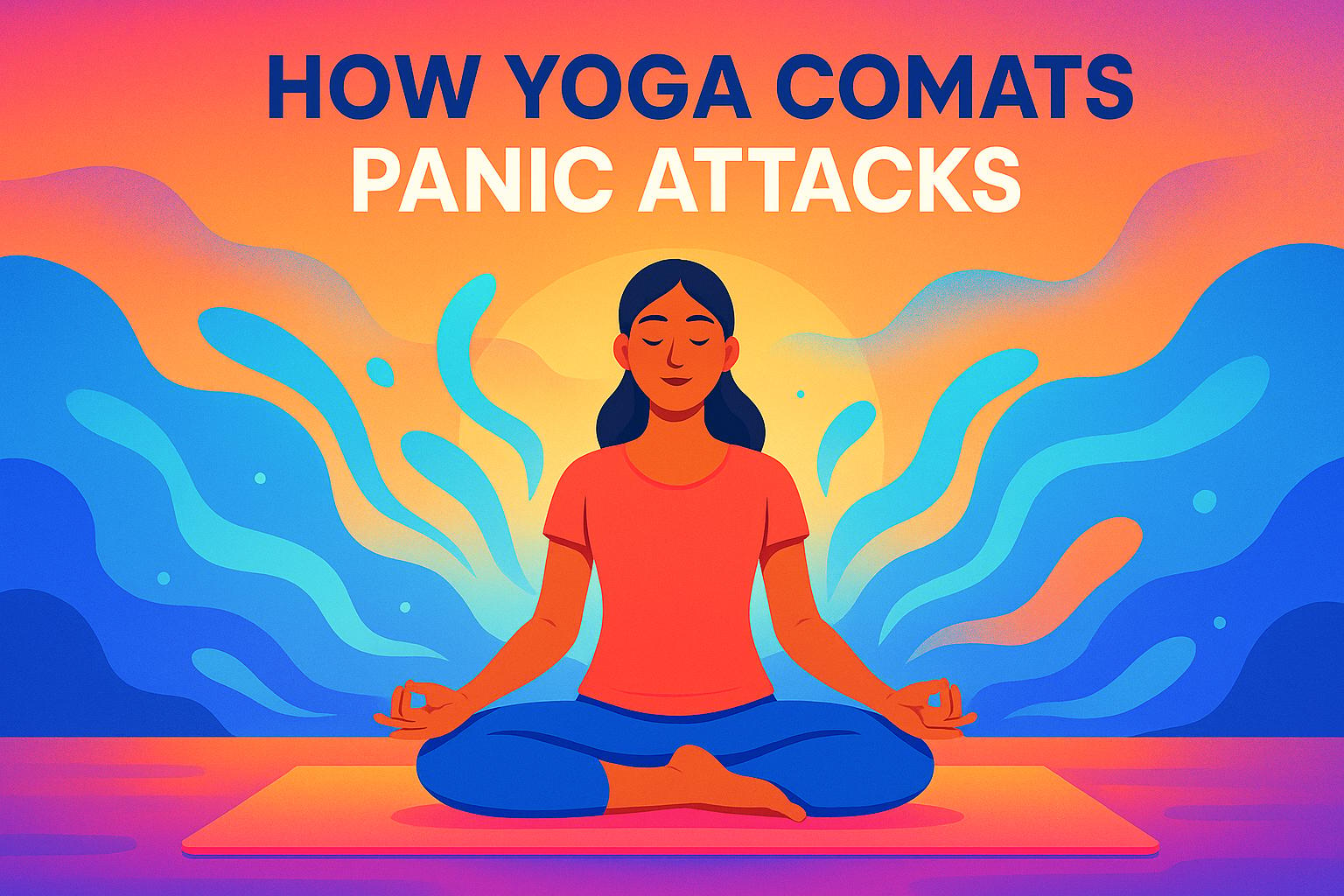Feeling stressed? A simple walk in nature might be just what you need. Here’s why:
- Lower stress hormones
- Better mood
- More focus on the present
- Sharper thinking
- More physical activity
- Better sleep
- New social connections
Just 20 minutes in nature can drop your stress levels by 21.3%. Even a quick 5-minute "green exercise" can boost your mood.
Want to start? Try this:
| Day | Activity | Duration | Location |
|---|---|---|---|
| Monday | Morning walk | 15 minutes | Local park |
| Wednesday | Lunch break stroll | 20 minutes | Nearby green space |
| Saturday | Weekend hike | 1 hour | Nature trail |
No need for fancy equipment or long trips. A simple walk in your local park can do wonders for your mind and body.
Related video from YouTube
What Are Nature Walks?
Nature walks are more than just a stroll in the park. They’re about connecting with the world around us using all our senses.
Here’s the deal:
Nature walks are DIFFERENT from regular walks. They’re all about slowing down, really looking at your surroundings, and noticing the wildlife.
And guess what? You don’t need a forest to do this. Nature walks can happen anywhere – from mountains to city parks.
Check out this quick comparison:
| Regular Walk | Nature Walk |
|---|---|
| Exercise-focused | Environment-focused |
| Often in cities | In natural settings |
| Fast-paced | Slow and mindful |
| Step-counting | Experience-driven |
The key? Engage with nature, wherever you are. Even city folks can get in on this:
- Find a local park
- Hit up nearby trails
- Explore urban green spaces
Here’s a cool fact: A 2010 study found that just 5 minutes in nature can boost your mood.
Want to make the most of your nature walk?
- Ditch the phone
- Look everywhere – up, down, all around
- Spot the small stuff (like bugs or cool leaves)
- Don’t mess with wildlife
And here’s the thing: Nature walks aren’t just good for you. They’re good for the planet too. When we connect with nature, we want to protect it.
So, next time you’re out, try turning your regular walk into a nature walk. Your body and mind will love you for it.
Lower Stress Hormone Levels
Nature walks can chill you out by dropping your stress hormones. Here’s the deal:
When you’re stressed, your body pumps out cortisol. Too much of this stuff? You’re anxious and on edge. But a quick nature walk can bring those levels down.
A study in Frontiers in Psychology (April 2019) found something interesting:
"Spending at least 20 to 30 minutes immersed in a nature setting was associated with the biggest drop in cortisol levels."
Just 20 minutes in nature can make a big difference!
The researchers had 36 people spend time in nature 3 days a week for 8 weeks. They measured cortisol in saliva before and after. The result? A 21.3%/hour drop in cortisol beyond the normal daily drop.
Dr. MaryCarol Hunter from the University of Michigan says:
"We know that spending time in nature reduces stress, but until now it was unclear how much is enough, how often to do it, or even what kind of nature experience will benefit us."
What does this mean for you? It’s simple:
- Find a nature spot you like
- Spend 20-30 minutes there
- Do this 3 times a week
No fancy equipment needed. Just 20 minutes can help you feel calmer and less stressed.
2. Better Mood and Feelings
Nature walks do more than just lower stress hormones. They can boost your mood and calm your mind.
Here’s what happens when you step into nature:
- Your mood improves
- Anxiety decreases
- Negative thoughts fade
Let’s dive in:
Mood Boost: A 2012 study found that nature walkers experienced more positive emotions and fewer negative ones. Even when recalling unpleasant memories, being in nature helped.
Less Anxiety: Stanford University researchers tested this in 2015. They had 60 people walk for 50 minutes, either in oak woodlands or along a busy road. The nature walkers felt less anxious afterward.
Fewer Negative Thoughts: The same Stanford study discovered that nature walkers spent less time brooding over negative thoughts.
How much nature do you need? Not as much as you might think.
A study in Frontiers in Psychology found that just 20-30 minutes in nature can make a big difference. That’s about the length of a typical lunch break.
"We know that spending time in nature reduces stress, but until now it was unclear how much is enough, how often to do it, or even what kind of nature experience will benefit us." – Dr. MaryCarol Hunter, University of Michigan
Can’t get outside? Even looking at nature helps. One study showed that people who watched a few minutes of Planet Earth felt 46% more awe and 31% more gratitude than those who watched other videos.
So, feeling down or stressed? Try a quick nature walk. Your mood will thank you.
3. More Focus on the Present
Nature walks pull you into the now. When you’re outside, your mind tunes into what’s around you.
Here’s how:
Sensory overload (in a good way): Nature bombards you with input. You might notice:
- Leaves crunching under your feet
- Pine trees’ scent
- Sunlight warming your skin
This sensory feast yanks you out of your head and into the moment.
Brain declutter: Nature gives your mind a break from daily noise. It’s like hitting the reset button on your brain.
A Mind study found 95% of people felt better after outdoor time. Why? Nature helps you ditch worries and focus on what’s around you.
Attention boost: Nature refreshes your mind. Andrea Taylor’s study on kids with ADHD showed nature time upped their focus later.
Want to get more present on your walks? Try these:
1. Mindful walking
Feel each step. Notice your feet hitting the ground.
2. Sense check
Take a moment to notice what you see, hear, smell, and feel.
3. Forest bathing
This Japanese practice is all about being present in nature. Focus on your breath and surroundings.
Megan Showers, a Licensed Clinical Social Worker, says:
"I’ve seen these practices fully reduce anxiety and depression symptoms in many clients. They also boost spiritual connection and hope."
Even a quick nature fix helps. Just 10 minutes outside can lower blood pressure and boost mood and focus.
Feeling scattered? Step outside. A short nature walk might be all you need to snap back to the present.
4. Sharper Thinking and New Ideas
Nature walks do more than just calm you down. They can supercharge your brain and spark creativity.
Here’s the deal:
Problem-solving boost: People who spent four days in nature solved problems 50% better. Even a quick 25-minute park walk can clear your head.
Focus upgrade: Walking in nature, not cities, sharpens your attention. It’s like a brain vacation from the usual noise.
Brain connections: Just looking at nature pics helps your brain work better together. Imagine what a real walk can do!
Kid’s brains love it: More green time means more gray matter for kids. That’s brain power for higher-level thinking.
Want in on these brain perks? Try this:
- Daily 10-minute nature break
- Choose park walks over city strolls
- Ditch the phone to fully soak in nature
Marc Berman, a brain-nature expert, says:
"Our interaction with nature improves working memory performance and executive attention performance—those are the ones that keep replicating."
Stuck on a problem? Need fresh ideas? Step outside. Your brain might thank you.
sbb-itb-b1dedcc
5. Moving More and Feeling Better
Nature walks are a two-for-one deal: body exercise and mind boost rolled into one.
Here’s what you need to know:
Body and mind workout: Walking in nature is like hitting the gym and meditating simultaneously. You get the physical benefits of exercise plus the mental perks of green spaces.
Instant mood boost: A 2012 study found that just 5 minutes of "green exercise" improved mood and self-esteem. People felt happier and less negative right after their nature walks.
Stress reducer: Nature walks can lower your cortisol (stress hormone) levels. This means better sleep, more energy, and clearer thinking.
Heart health: A 2015 study showed that walking in green spaces lowered heart rates compared to walks near vacant lots. Plus, 30 minutes a week in nature can reduce your risk of high blood pressure by 9%.
Want to get started? Try this:
- Start small: 10-30 minutes, 3 days a week
- Make it social: Walk with friends or join a group
- Mix it up: Try different parks or trails
As Kirsten W. Bolton, director of McLean Hospital‘s Appleton program, says:
"Nature doesn’t have a to-do list."
So step outside, leave your worries behind, and let nature work its magic on your health.
6. Better Sleep at Night
Can’t sleep? Lace up your walking shoes.
Nature walks don’t just boost your day. They can improve your night too.
Here’s how:
Body Clock Reset: Sunlight during walks syncs your internal clock. Result? Easier to fall asleep and wake up naturally.
A study showed even a weekend camping trip can fix your circadian rhythm. But don’t worry – daily outdoor walks work too.
Stress Down, Sleep Up: Nature walks cut cortisol (stress hormone). Less stress = better sleep.
Just 20-30 minutes outside daily can slash cortisol levels. An 8-week study proved it.
More Steps, Better Snooze: Regular walking improves sleep quality. No need for marathons.
Adding 2,000 steps (about a mile) to your day can boost sleep. Women especially saw benefits, according to a Sleep Health study.
"Exercising may be one way to cope with the stress of this whole situation", says Dr. Christine Blume, sleep scientist at the Center for Chronobiology in Basel, Switzerland.
Timing Counts: When you walk matters as much as how far.
Morning walks? Best for sleep. They set your body clock. But evening walks work too.
Just finish 90 minutes before bed. This lets your body cool down and prep for sleep.
"Walking before bed will decrease stress and calm down the sympathetic nervous system to help you sleep", advises Dr. Neil Paulvin, longevity and regenerative medicine doctor.
The takeaway? Step out, breathe deep, and walk your way to better sleep.
7. Meeting People and Making Friends
Nature walks aren’t just about fresh air and exercise. They’re a great way to meet new people and build friendships.
Here’s how nature walks can boost your social life:
- Join a walking group
- Break the ice naturally
- Bond over shared experiences
- Regular meetups
- Diverse social circle
Walking side-by-side makes conversations flow easily. You’re not face-to-face, which feels less intense. Tackling a trail or spotting wildlife creates shared memories. These experiences can quickly turn strangers into friends.
"Since making a new hiking friend in the mountains, my connection to the community has grown." – Author, We Are Explorers
To get started:
- Use Meetup to find local hiking groups
- Join Facebook groups like "Sydney’s Hiking Women"
- Attend REI outdoor classes and events
- Volunteer at local parks or community gardens
Don’t be shy! Everyone’s there to enjoy nature and meet new people. By stepping out of your comfort zone and into nature, you might just find your next best friend.
How to Start Taking Nature Walks
Ready to hit the trails? Here’s how to kick off your nature walking adventure:
1. Choose your spot
Pick a place that’s easy to get to and matches your fitness level. The Susan Ferguson Trail at St. Lawrence University is great for beginners. It offers:
- A chill walk around the university’s sports fields
- Signs that teach you about different trees
- Amazing views of the Little River
2. Start small
Begin with short walks. The Susan Ferguson Trail is perfect for this. You can:
- Walk, run, or bike at your own speed
- Use mile markers to see how far you’ve gone
- Add an extra mile on the Woods Trail if you’re feeling adventurous
3. Pack smart
Grab a light backpack and throw in:
- Water
- Snacks
- Sun protection
- First-aid kit
- Map or trail guide
4. Pick the right time
Morning or evening walks are often best. You’ll get:
- Softer light
- Less noise
- Cooler temps
5. Use your senses
Make your walk more interesting:
- Listen for birds and bugs
- Feel the breeze on your skin
- Check out the details of plants and trees
6. Find a buddy
Think about joining a hiking club or starting group walks. It can:
- Keep you motivated
- Give you some social time
- Make your walks safer
7. Keep track
Use a simple table to log your walks:
| Date | Trail | Distance | Time | Notes |
|---|---|---|---|---|
| [Date] | Susan Ferguson Trail | 2 miles | 40 min | Saw 3 types of birds |
| [Date] | Woods Trail | 1 mile | 25 min | Loved the river views |
Remember, start small and build up. As Tyler Tennant from Good Trip Adventures says:
"Start with short hikes within your comfort zone. As you build confidence and endurance, it’ll be easy to move on to longer, tougher trips."
Wrap-up
Nature walks are stress-busters. Here’s a quick look at the 7 main benefits:
- Cortisol drop: 20-30 minutes in nature = 21.3% lower stress hormones
- Happier mood: Even a short 15-minute park walk lifts spirits
- Present focus: Nature helps you forget daily worries
- Brain boost: Outdoor walks improve memory and spark ideas
- Exercise: Hit your weekly goals while enjoying fresh air
- Better sleep: Regular nature time improves rest
- New friends: Join walking groups to socialize
Want to start? Try this simple plan:
| Day | Activity | Duration | Location |
|---|---|---|---|
| Monday | Morning walk | 15 minutes | Local park |
| Wednesday | Lunch break stroll | 20 minutes | Nearby green space |
| Saturday | Weekend hike | 1 hour | Nature trail |
Stick to it. As Kirsten W. Bolton, LICSW, from McLean Hospital’s Appleton program, says:
"Nature doesn’t have a to-do list."
So, ditch the stress and head outdoors. Your body and mind will love it.
FAQs
How can going outside help with anxiety?
Going outside can be a game-changer for anxiety. Here’s why:
- It cuts stress by lowering cortisol levels
- A quick 15-minute park walk can boost your mood
- Green spaces sharpen your focus
- Regular nature time might keep depression at bay
As Dr. Nooshin Razani from UCSF Benioff Children’s Hospital Oakland puts it:
"It’s pretty clear that it’s good for you."
How does walking in nature help with anxiety?
Nature walks pack a punch against anxiety:
- They quiet those pesky negative thoughts
- They improve your vital signs (think blood pressure and heart rate)
- You can feel better in just 10 minutes
Check out these nature walk perks:
| Time Outside | What You Get |
|---|---|
| 10 min | Mood lift, lower blood pressure |
| 15-30 min | Less anxiety, fewer stress hormones |
| 50 min | Less brooding, more positive vibes |
| 90 min | Calmer brain areas linked to negative thinking |
Gen Meredith, who runs the Master of Public Health Program, says:
"It doesn’t take much time for the positive benefits to kick in — we’re talking 10 minutes outside in a space with nature."
So, next time anxiety hits, try stepping outside. Your mind (and body) will thank you.


